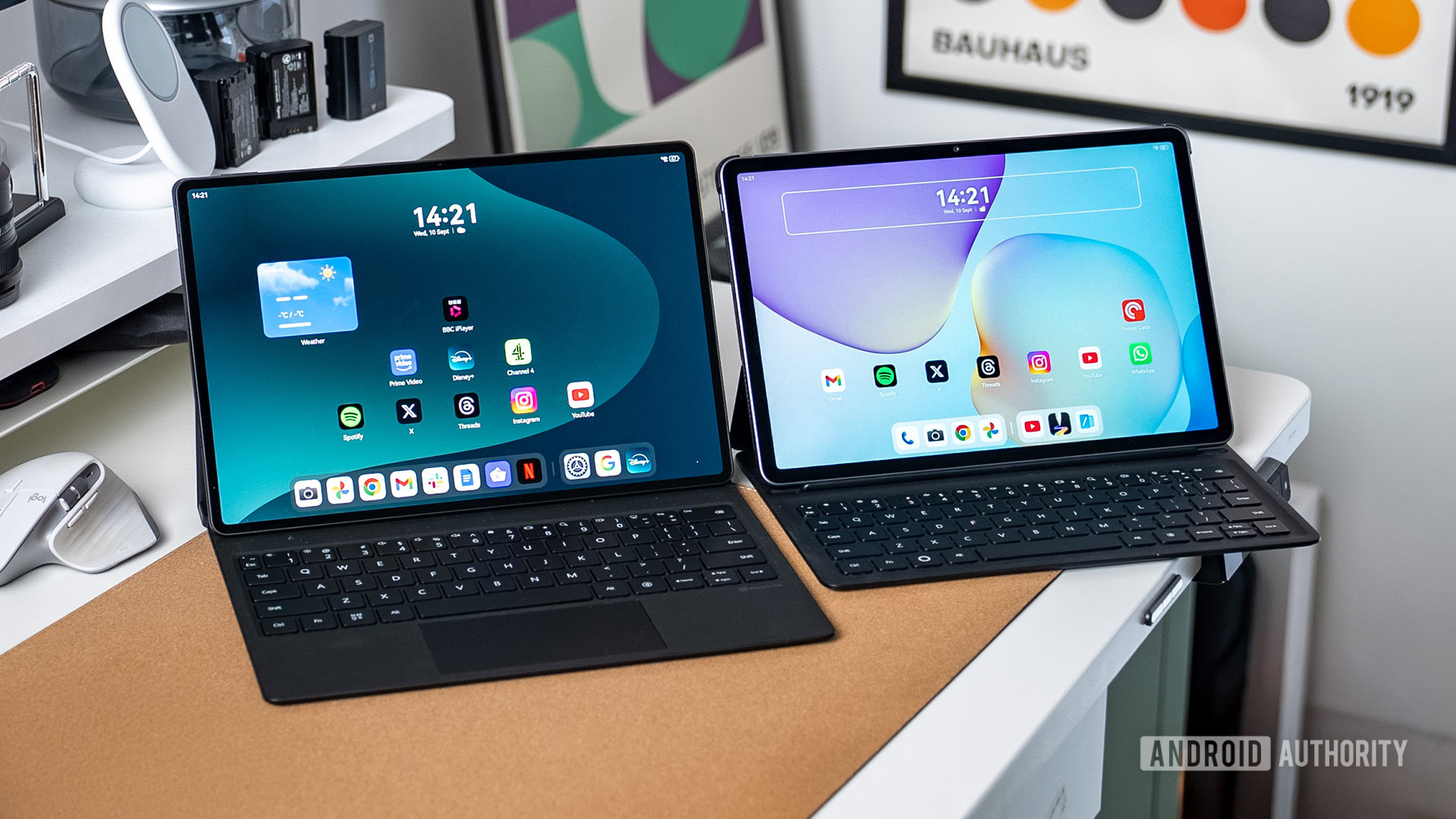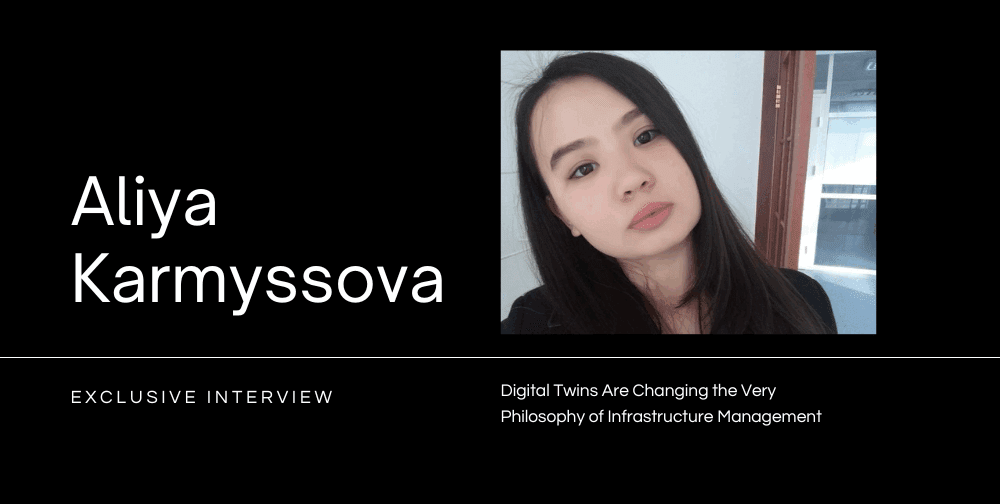Missouri Attorney General Andrew Bailey (R) is demanding information from several major tech firms with artificial intelligence (AI) chatbots, which he alleges are distorting facts and producing biased results about President Trump.
Bailey sent letters to Google, Microsoft, OpenAI and Meta on Wednesday, asking whether they design their algorithms to disfavor certain political affiliations or policy positions and requesting internal records about how they select inputs for their AI models.
He took aim at the chatbots’ responses to a question rating the most recent presidents on the issue of antisemitism. While Microsoft Copilot declined to respond, OpenAI’s ChatGPT, Meta AI and Google’s Gemini all rated Trump last, which Bailey slammed as “deeply misleading.”
BestReviews is reader-supported and may earn an affiliate commission.
Amazon Prime Day Deals
- All the top deals as Prime Day 2025 continues on
- Shop all of the best tech bargains available before Black Friday
- Ring Doorbells and other Amazon devices are up to 50% off
The Missouri attorney general is also requesting documents from the four tech giants about the design of their chatbots and why they ranked Trump unfavorably on the issue.
“We must aggressively push back against this new wave of censorship targeted at our President,” Bailey said in a statement. “Missourians deserve the truth, not AI-generated propaganda masquerading as fact.”
“If AI chatbots are deceiving consumers through manipulated ‘fact-checking,’ that’s a violation of the public’s trust and may very well violate Missouri law,” he continued.
He pointed to the Missouri Merchandising Practices Act, which seeks to prevent companies from using false or deceptive advertising to sell merchandise in the state.
“Given the millions of dollars these companies make annually from Missourians, their activities fall squarely within my authority to protect consumers from fraud and false advertising,” Bailey added.
The Hill has reached out to Google, Microsoft, OpenAI and Meta for comment.
Bailey’s concerns about the development of four prominent AI chatbots come as Elon Musk’s xAI faces backlash over recent tweaks that resulted in antisemitic responses from its AI chatbot Grok.
Grok was making broad generalizations about people with Jewish last names and perpetuating antisemitic stereotypes about Hollywood, before xAI stepped in Tuesday and began removing posts and placing new guardrails on the chatbot.









